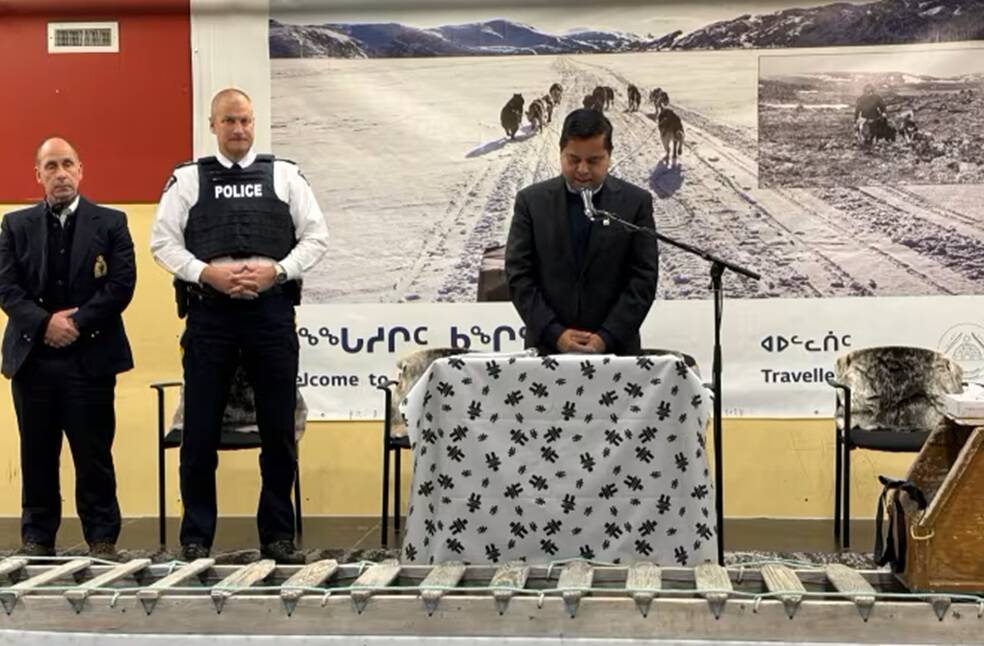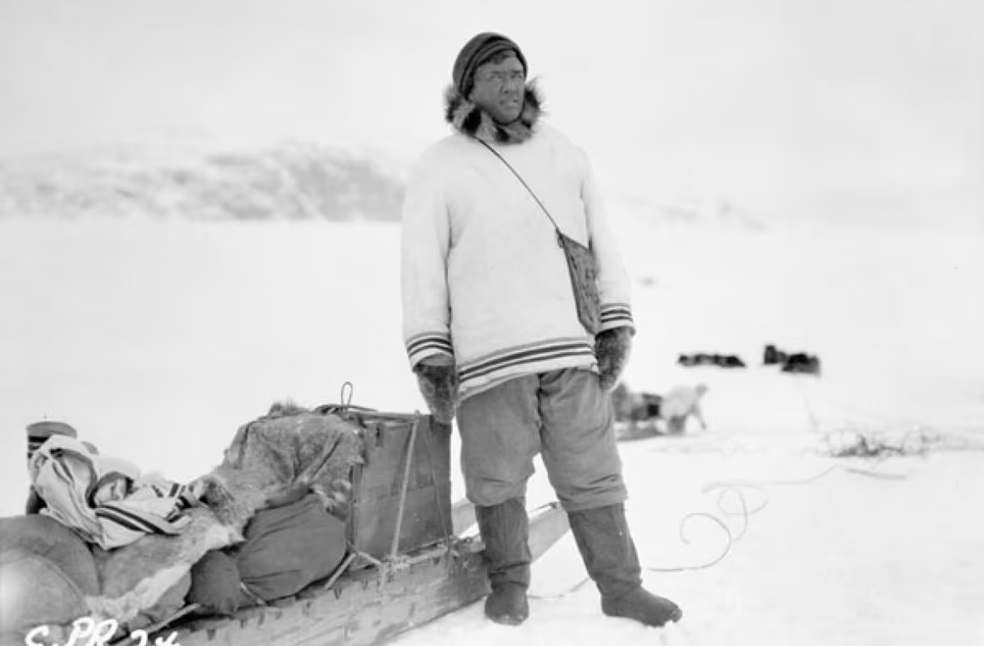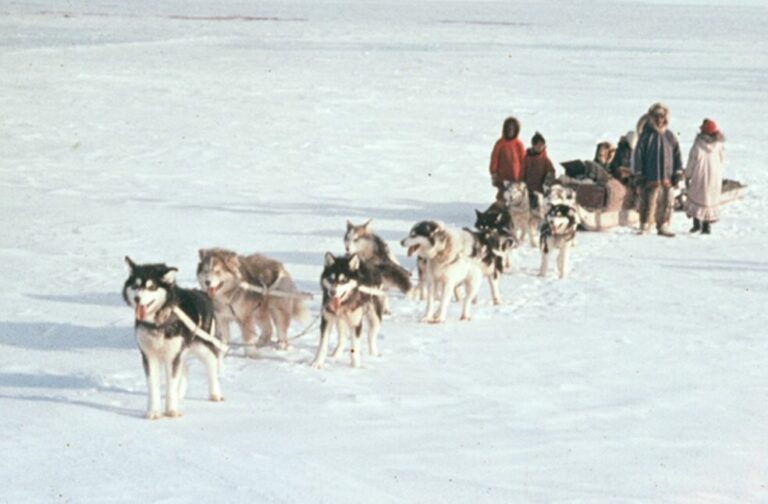Nunavik: The Canadian government has formally apologised to the Inuit of northern Quebec for the mass killing of sled dogs in the 1950s and 1960s.
The devastating event had disrupted Inuit communities by depriving them of the means to hunt and travel across the vast northern terrain.
Gary Anandasangaree, Canada’s Federal Minister of Crown-Indigenous Relations, delivered the apology in Kangiqsujuaq, Nunavik. Anandasangaree acknowledged the government’s role in this historical injustice and announced a compensation package of CAD 45 million ($32.19 million) to support the affected communities.
The mass slaughter of sled dogs, known as qimmiit, was carried out by the Royal Canadian Mounted Police (RCMP) and other authorities starting in the mid-1950s. These killings, deemed “unjustified” by Inuit leaders, dismantled an integral part of Inuit culture and tradition.

Sled dog teams were not only essential for hunting seals and caribou but also served as a vital means of transportation across Canada’s frozen north.
The apology follows a similar one in 2019 to Inuit communities in the Qikiqtani region, which includes Baffin Island, for the traumatic impacts of colonial policies such as family separation and the sled dog killings.
Inuit leaders contend that the dog slaughter was a deliberate attempt to force their nomadic communities into permanent settlements- a claim supported by comparisons to other colonisation practices, such as forced family relocations and residential schools.

The RCMP previously launched an internal investigation in 2006, concluding that the killings were carried out in the interest of public safety. However, Inuit leaders have consistently disputed this narrative.
The Canadian government’s statement expressed deep regret and sincere apologies for the harm caused by the slaughter of sled dogs in Nunavik, recognising the event’s long-term impacts on Inuit culture and livelihood.
Quebec’s provincial government had previously issued an apology in 2011 for the role of its police and officials in the killings. The federal government’s latest acknowledgment seeks to address the lingering consequences of these policies further and support reconciliation efforts with Indigenous communities.



